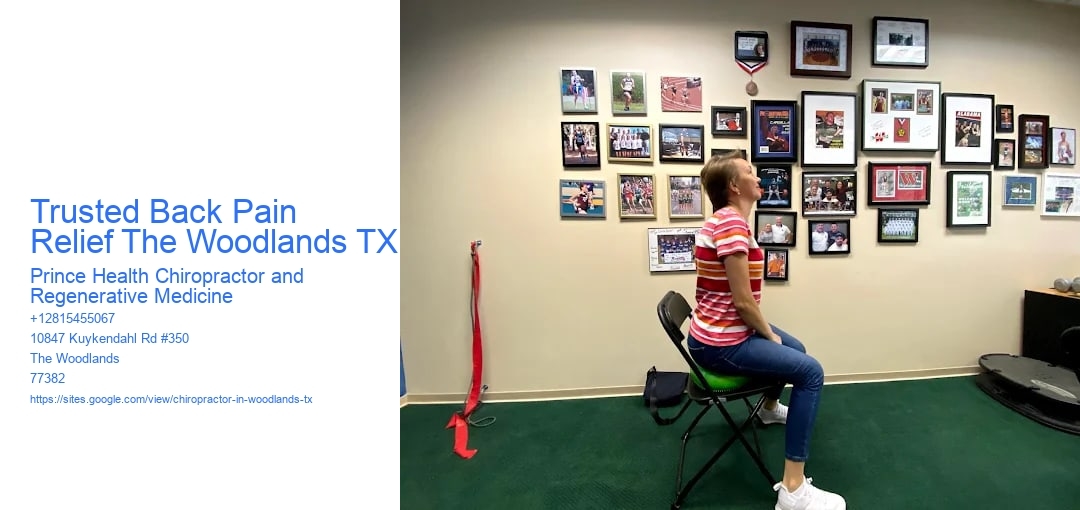Texas (TEK-səə ss, locally additionally TEK-siz; Spanish: Texas or Tejas) is the most populated state in the South Central area of the USA. It surrounds Louisiana to the eastern, Arkansas to the northeast, Oklahoma to the north, New Mexico to the west, and a worldwide boundary with the Mexican states of Chihuahua, Coahuila, Nuevo León, and Tamaulipas to the south and southwest. Texas has a coastline on the Gulf of Mexico to the southeast. Covering 268,596 square miles (695,660 km2) and with over 31 million residents since 2024, it is the second-largest state by area and population. Texas is nicknamed the Lone Star State for the solitary celebrity on its flag, symbolic of its previous condition as an independent country, the Republic of Texas. Spain was the very first European country to case and control Texas. Complying with a brief colony controlled by France, Mexico controlled the land until 1836 when Texas won its independence, becoming the Republic of Texas. In 1845, Texas joined the United States of America as the 28th state. The state's annexation set off a chain of events that brought about the Mexican–-- American War in 1846. Adhering to success by the United States, Texas continued to be a servant state until the American Civil War, when it proclaimed its secession from the Union in very early 1861 before formally joining the Confederate States on March 2. After the Civil Battle and the remediation of its representation in the federal government, Texas went into an extended period of financial torpidity. Historically, five significant markets shaped the economy of Texas before The second world war: bison, cattle, cotton, oil, and wood. Before and after the Civil War, the cattle market—-- which Texas pertained to dominate—-- was a major financial driver and created the standard picture of the Texas cowboy. In the later 19th century, cotton and lumber expanded to be major sectors as the livestock industry came to be much less profitable. Ultimately, the discovery of significant oil deposits (Spindletop specifically) started a financial boom that came to be the driving pressure behind the economic situation for much of the 20th century. Texas created a diversified economic situation and high tech market throughout the mid-20th century. As of 2024, it has the second-highest number (52) of Ton of money 500 business headquartered in the United States. With an expanding base of market, the state leads in lots of industries, consisting of tourist, agriculture, petrochemicals, power, computer systems and electronics, aerospace, and biomedical sciences. Texas has led the U. S. in state export earnings because 2002 and has the second-highest gross state product. The Dallas–-- Fort Worth metroplex and Greater Houston locations are the country's 4th and fifth-most populated metropolitan areas specifically. Its funding city is Austin. Due to its size and geologic features such as the Balcones Mistake, Texas contains diverse landscapes typical to both the U. S. Southern and the Southwestern regions. Many populace centers remain in locations of former prairies, grasslands, forests, and the coastline. Traveling from eastern to west, surface ranges from seaside swamps and piney woods, to rolling levels and tough hills, to the desert and mountains of the Big Bend.
.



